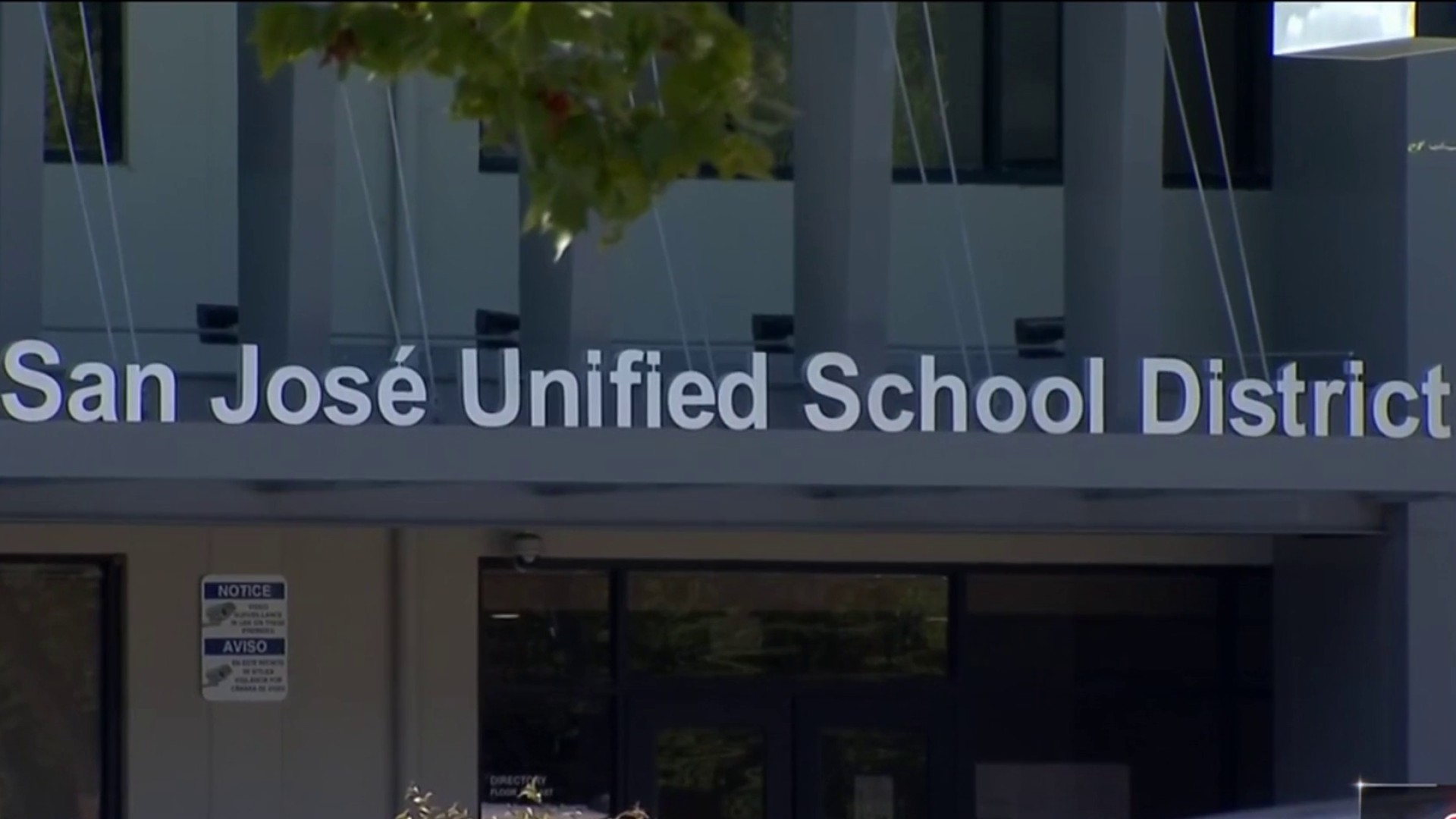Medicare may have overpaid an estimated $424 million to PacifiCare of California’s Medicare Advantage plan based on risk assessments that in many cases made patients seem sicker than they were, according to a federal oversight agency.
Medicare Advantage plans send patient diagnosis codes to Medicare, which boosts plan rates if clients are affected by serious medical conditions.
A new report by the U.S. Health and Human Services inspector general says PacifiCare was paid extra for treating patients with cancer or a dangerous bloodstream infection even though medical records didn’t describe those ailments.
UnitedHealth Group, which now owns PacifiCare of California, disputed the inspector general’s findings, saying the review of 100 cases could not be generalized to hundreds of other claims.
“The audit does not follow Medicare’s own guidelines, standards or accepted methodology for validating risk-adjustment payments,” a statement by UnitedHealthcare Medicare & Retirement says. “In fact, it differs significantly from (Medicare’s) adopted methodology. The OIG appears to have relied instead on a methodology of its own making.”
The inspector general’s office reviewed UnitedHealth’s response before issuing the report and maintains that its methods are valid. The report, released Thursday, calls on Medicare to review its findings and discuss them with PacifiCare.
A Centers for Medicare & Medicaid Services representative said the agency, which administers the Medicare program, is aware of the report and is willing to work on the matter with PacifiCare.
Local
Medicare Advantage plans collect patient diagnoses from doctors and hospitals that are used to assign risk scores to clients. Patients with serious medical conditions entitle the plans to heightened per-patient, per-month Medicare payments.
The inspector general reviewed a 2007 contract between Medicare and PacifiCare. Under that contract Medicare paid PacifiCare $2.3 billion to administer care for 188,829 clients.
The review examined 100 clients’ risk scores, diagnostic codes and related medical records. The inspector general concluded that 55 risk scores were valid, but 45 were not supported by information in patient charts.
The inspector general found that PacifiCare submitted a diagnosis code for a genetic disorder characterized by abnormal brain function in a patient whose records only discussed a fever and a cough. Another patient was reported to have prostate cancer when medical records discussed a shoulder suture removal.
For a third patient, PacifiCare submitted a diagnosis code for “unspecified septicemia,” a lethal infection of the bloodstream, when medical records discussed a knee surgery and did not mention a bloodstream infection, the report says.
The inspector general directed PacifiCare to repay Medicare $224,388 that was overpaid as a result of the 45 charts with unsupported diagnoses.
Applying the estimated overpayment rate to 188,000 PacifiCare patients under the 2007 contract, the inspector general estimated that Medicare overpaid about $424 million.
UnitedHealth said in its statement that it has worked with Medicare to improve the accuracy of health plan payments and will continue to do so.
“Payment accuracy is in the best interests of UnitedHealth, our health care system partners, and Medicare as we collaborate to provide coverage and care that Medicare beneficiaries need, at a price they can afford,” the statement says.
The report comes amid a series of watchdog agency and news reports that examine enhanced Medicare payments that can flow to health providers if they overstate the intensity of patient demands or the severity of their medical conditions.
The inspector general found in November that Medicare overpaid nursing homes by about $1.5 billion in 2009 based on claims that patients needed "ultra high" levels of therapy. The report found that claims were "upcoded" because the records showed that the patients either did not need or get the therapy in many cases. The Washington Post also examined "ultra high" therapy use in 2010, focusing on a chain that operates dozens of homes in California.
The Center for Public Integrity reported in September that doctors and other medical professionals are steadily billing higher rates for treating Medicare patients, signaling a possible increase in billing abuse.
And California Watch reported on high rates of severe medical conditions that entitled Prime Healthcare Services, a growing California-based chain, to bonus payments. Prime Healthcare has said its Medicare billings are legal and based on appropriate patient care.
View this story on California Watch
This story was produced by California Watch, a part of the nonprofit Center for Investigative Reporting. Learn more at www.californiawatch.org.



